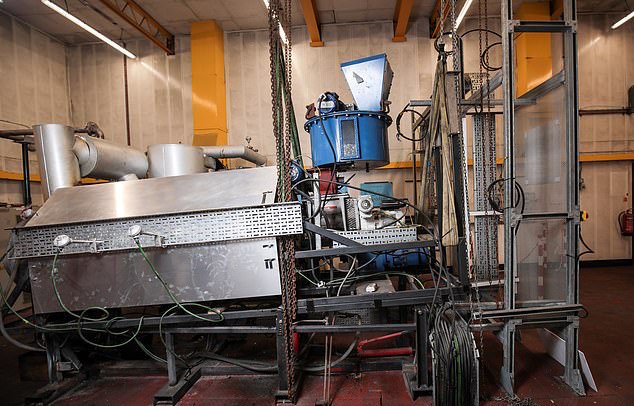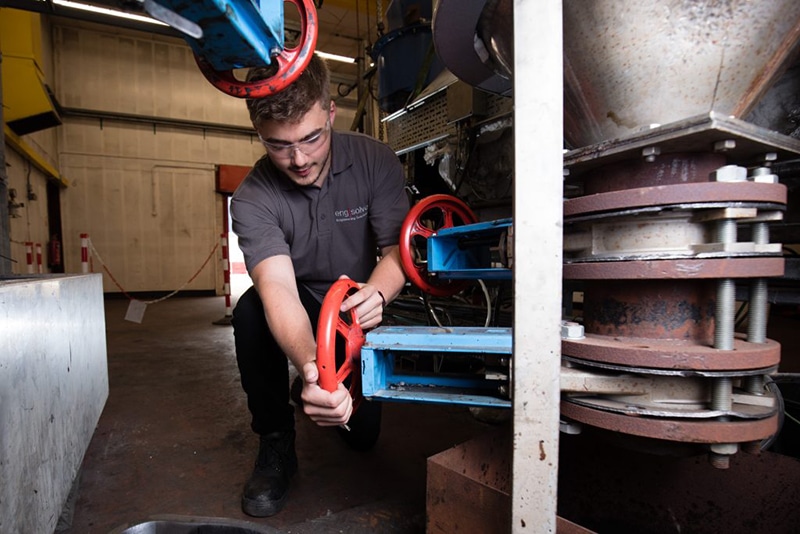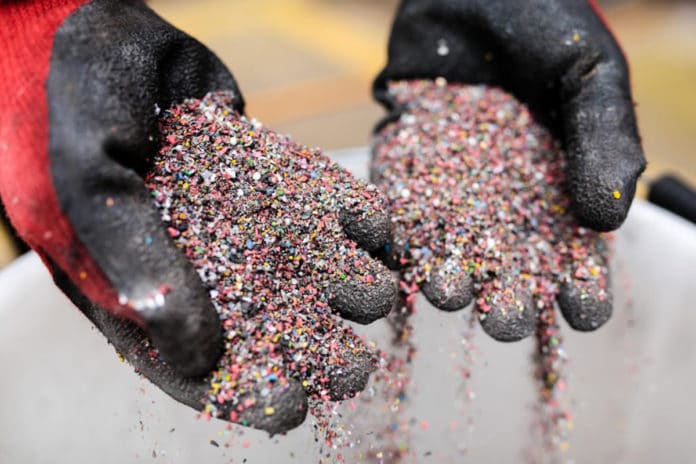Not all plastics are recyclable. In order to solve this problem, some laws are being made to get rid of this unrecyclable plastic. Apart from that, researchers are also working on creating new technologies to help reduce this waste.
Now, a team of researchers from the University of Chester has found a way to convert unrecyclable plastic into low cost and low carbon hydrogen fuel and electricity that could one-day power homes, plants, and entire power grids.
The new technology, developed in collaboration with PowerHouse Energy, currently demonstrates small scale conversion of plastic to hydrogen and electricity with zero plastic remainings.
The project called W2T (Waste2Tricity) uses a thermal conversion chamber to deal with plastic. First, the unsorted and unwashed plastic is cut into 2 inches (5cm) long strips and melted together in a 1,000°C kiln. When the plastic is vaporized, it releases hydrogen as a synthetic natural gas (syngas), which is then used to produce electricity.

The patented technology creates a very less amount of solid and liquid residues, but there is no wasted gas, which means less emission than conventional incineration methods.
The researchers have been testing out the method for two years, and it is hoped the technology will soon be able to power its own 54-acre plant in Ellesmere Port, Cheshire, and 7,000 houses on the grid in a single day, and 7,000 hydrogen-fuelled cars every two weeks in the UK.
“The technology converts all plastic waste into high quality, low carbon hydrogen syngas which can then be used to power gas engines,” Professor Joe Howe, Executive Director of the Thornton Energy Research Institute at the University of Chester said in a statement. “A by-product of this process is electricity, meaning waste plastic can not only fuel cars but can also keep the lights on at home. Surely the world must wake up to this technology.”

The new method offers a potential solution to the world’s plastic crisis and could reduce the amount of plastic waste in the environment. Once proven successful, the efficient conversion system will then be rolled out in Asia. The waste2tricity project has the exclusive license to develop the technology in the UK, Japan, Korea, China, and South East Asia, to clean up waste plastic, with plants buying cheap plastic waste for just $50 a tonne. This strategy could hopefully reduce the amount of plastic that ends up in landfills or the ocean.
“The team at the University of Chester has helped us develop this technology, which will soon be ready for a large scale roll-out to eliminate the bulk of ocean plastics and make low cost and low carbon dioxide hydrogen the go-to fuel for the future,” said Howard White, the deputy chairman of Waste2Tricity.
